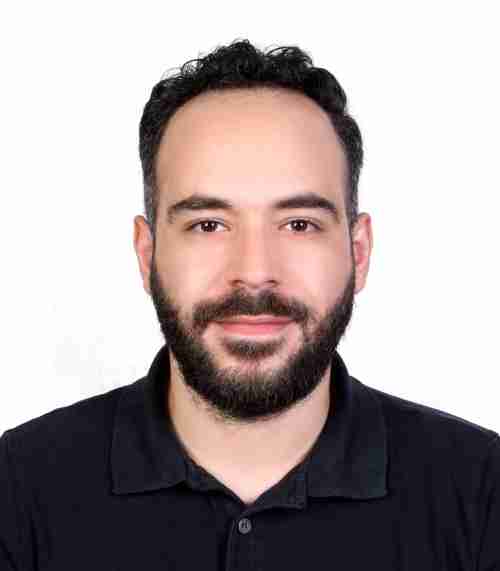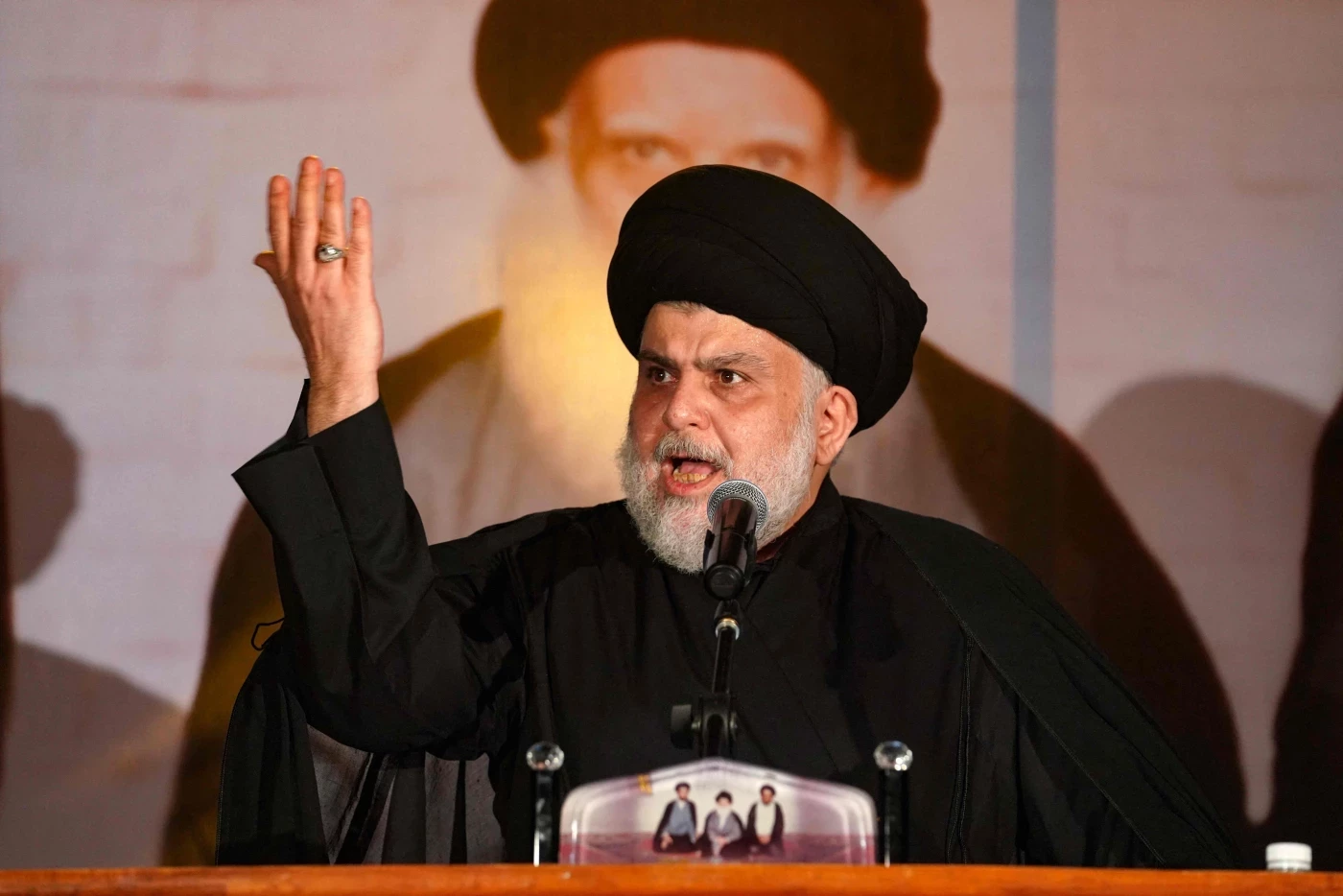DUBAI, UAE - Muqtada al-Sadr, leader of the National Shiite Movement, announced on Sunday he has cut ties with 31 members of his movement who plan to run in Iraq’s upcoming parliamentary elections, accusing them of disobeying his order to boycott the vote.
Sadr made the announcement in response to a letter from the Saraya al-Salam’s Jihadi Assistant Office, which was obtained by The New Region. The letter informed him that several current members were listed as candidates.
“I disavow them all, just as they have disavowed us,” Sadr said. “Their love of the world made them forget their loyalty. Still, I hope they turn back and repent. May God forgive us all.”
The 31 names are reportedly affiliated with several electoral alliances, including those of Parliament Speaker Muhsen al-Mandalawi, Prime Minister Mohammed Shia’ al-Sudani’s coalition, the National Wisdom (Hikma) Movement, Asaib Ahl al-Haq.
Sadr previously announced his withdrawal from the elections in March. At the time, he called the vote a “crippled electoral process” and said Iraq was “taking its last breaths” under foreign influence and the grip of entrenched powers.
He also urged his followers not to vote or run in the election, saying such participation would support a corrupt system.
Saleh Mohammed al-Iraqi, a close associate of Sadr, said later on Sunday that the cleric is holding an ongoing meeting in the city of Hanana to review election blocs.
“He asked us: Which of these blocs truly believe in independence from foreign powers, putting all weapons under state control, strengthening the army and police, ending the militias, integrating or organizing the Popular Mobilization Forces [PMF], loving the homeland, exposing corruption, and pushing for real reform?” Iraqi wrote in a post.
Sadr also questioned whether these blocs could offer any real guarantees that they would follow such a program if given the support of “honorable voters.”
In a post last week on X, Sadr reflected on his political journey, including his past participation and later withdrawal from elections.
“In the past, I endured much pain and followed the advice of other leaders,” he wrote. “I entered politics and elections, hoping to bring reform.”
“But it was useless,” he continued. “The corruption is deep, and its temptations are strong. Those who stood by me were like holding burning coal.”
He ended by saying participation in current politics would only lead to destruction.
Sadr announced his “definitive” retirement from politics in August 2022 after his attempts to form a national majority government was repeatedly block by the Coordination Framework.
His withdrawal from the political process allowed the Coordination Framework to form the government within months and chose Sudani as the new prime minister.
Iraq is set to hold its parliamentary elections on November 11.



 Facebook
Facebook
 LinkedIn
LinkedIn
 Telegram
Telegram
 X
X


